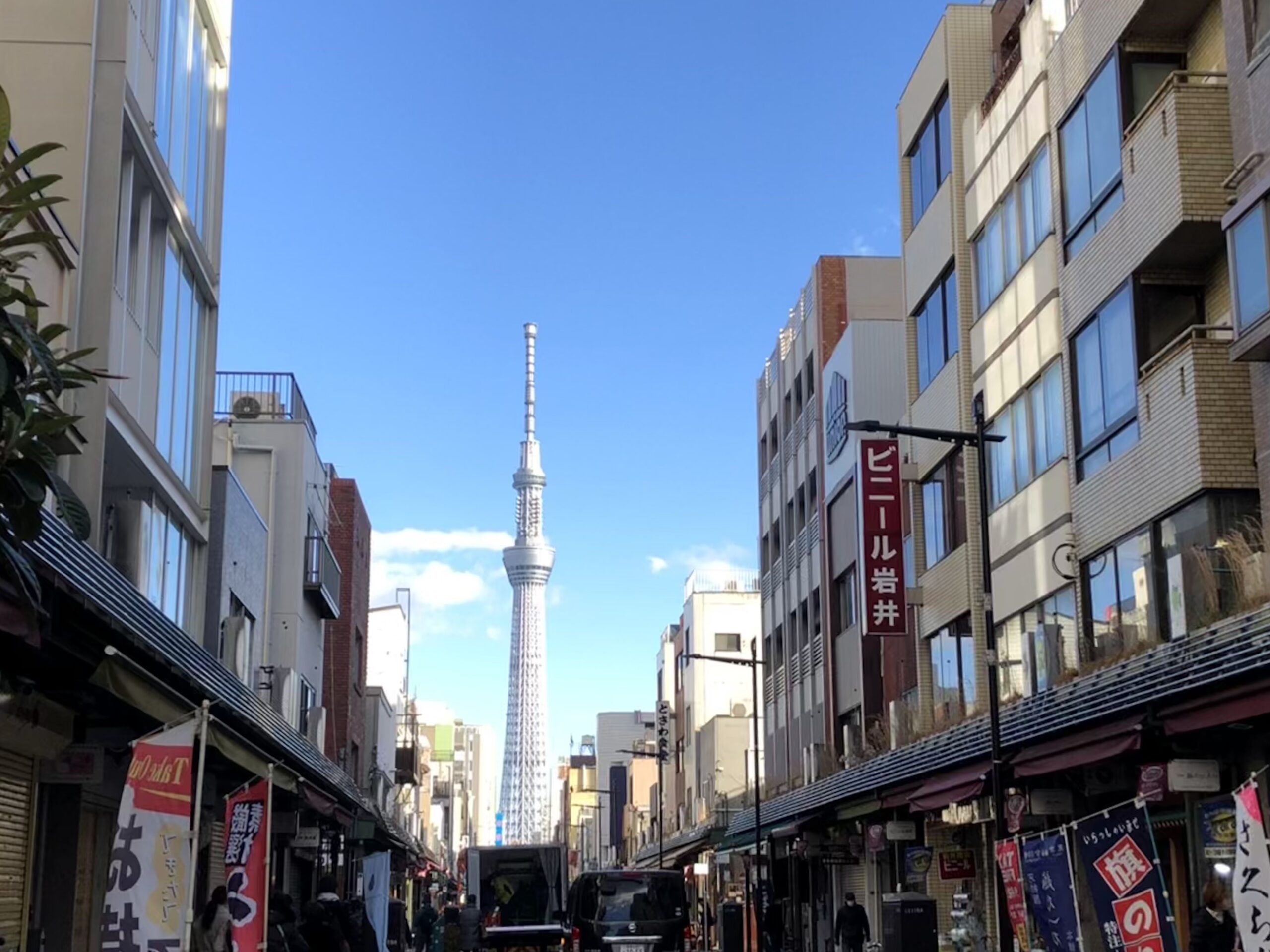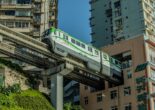Never go hunting for that hard-to-find kitchen gadget again! Kappabashi, or Tokyo’s Kitchen Street, is the one-stop spot for all your kitchen and cooking essentials. Read on to prepare for a unique trip into Tokyo’s historic neighborhood.
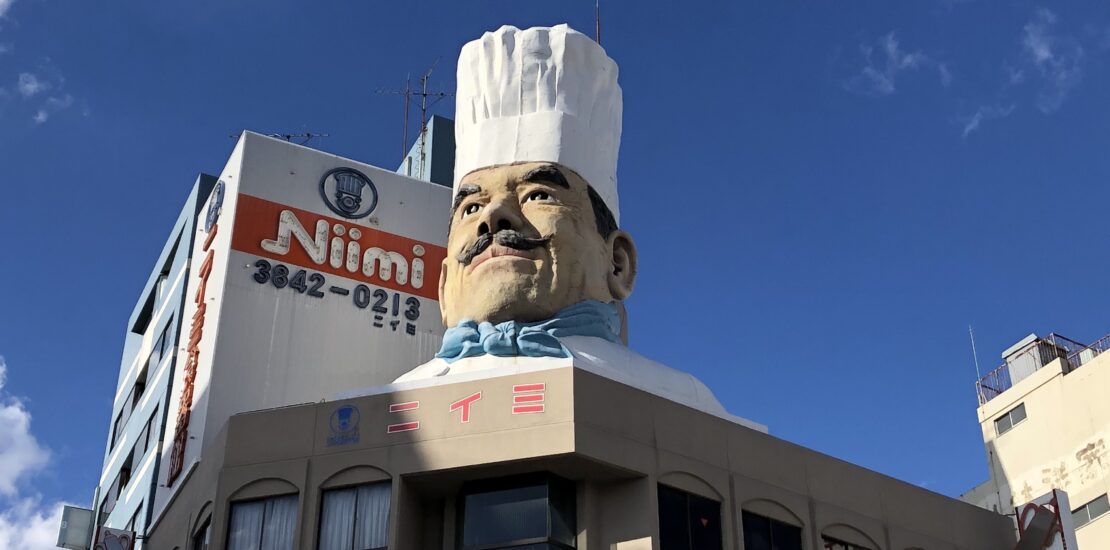
Those who dabble in baking and cooking are sure to know that having the right kitchen tools is essential to creating that perfect dish. Maybe all you’re searching for is a pair of handcrafted chopsticks to send home as a gift. No matter the utensil, tool, or supply, Tokyo’s kitchen street has everything you might be looking for. This guide will serve as a perfect source for all things “Kappabashi.”
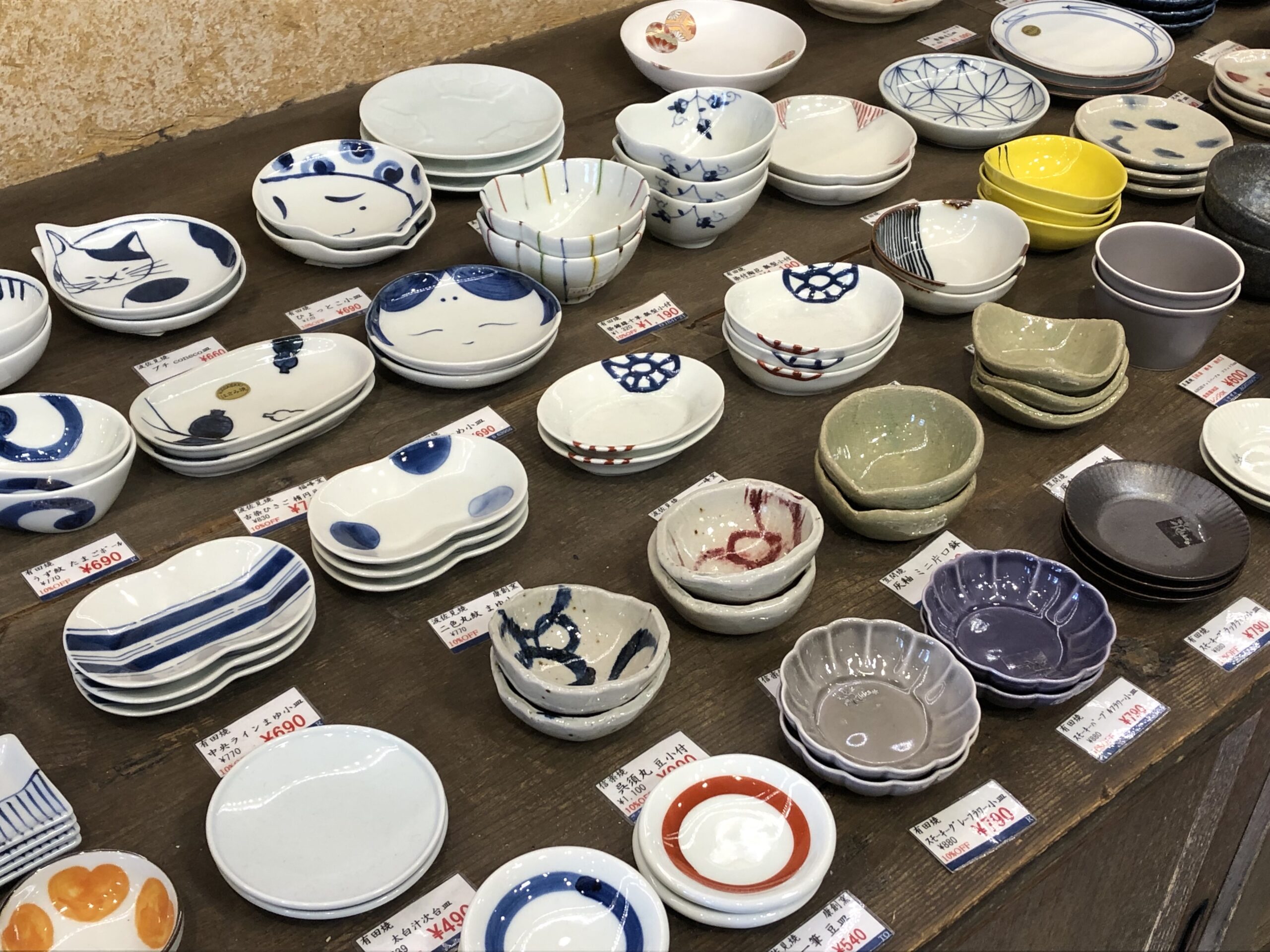
About Kappabashi
Kappabashi (かっぱ橋) or Kappabashi Dougugai (合羽橋道具街) is a long street between Asakusa and Ueno that is famous for selling various appliances, ceramics, glassware, lacquerware, food replicas, signage, and other kitchen-related goods specifically for the restaurant industry. The street’s typical patrons consist of chefs and restaurant owners but since becoming popular, the street now also draws the common cooking aficionado and tourists from all over looking for the perfect table setting or kitchen gadget.
It’s said that the beginnings of Kappabashi goes as far back as 1912 when its first kitchen-related stores opened their doors to customers. From then on, shops continued to spread throughout the street. Although there are quite a few theories as to the origin of the name “Kappabashi,” there are two famous stories linked to the naming of the street. The first theory originates in the Bunka-era (1804-1818) when the neighborhood was struggling with flooding and drainage issues. Kihachi Kappa (or Kawataro Kappa) tried to fix the issue by investing his own money but unfortunately, construction was arduous and had some setbacks. The kappa from the Sumida River, who had been helped by Kihachi in the past, helped out with the construction thus fixing the drainage issues. As a result the name Kappabashi was formed. Another theory is that the samurai and ashigaru (non-samurai foot soldiers) living in the area used to dry raincoats (also known as kappa) as a side hustle and thus the area’s name was coined Kappabashi.
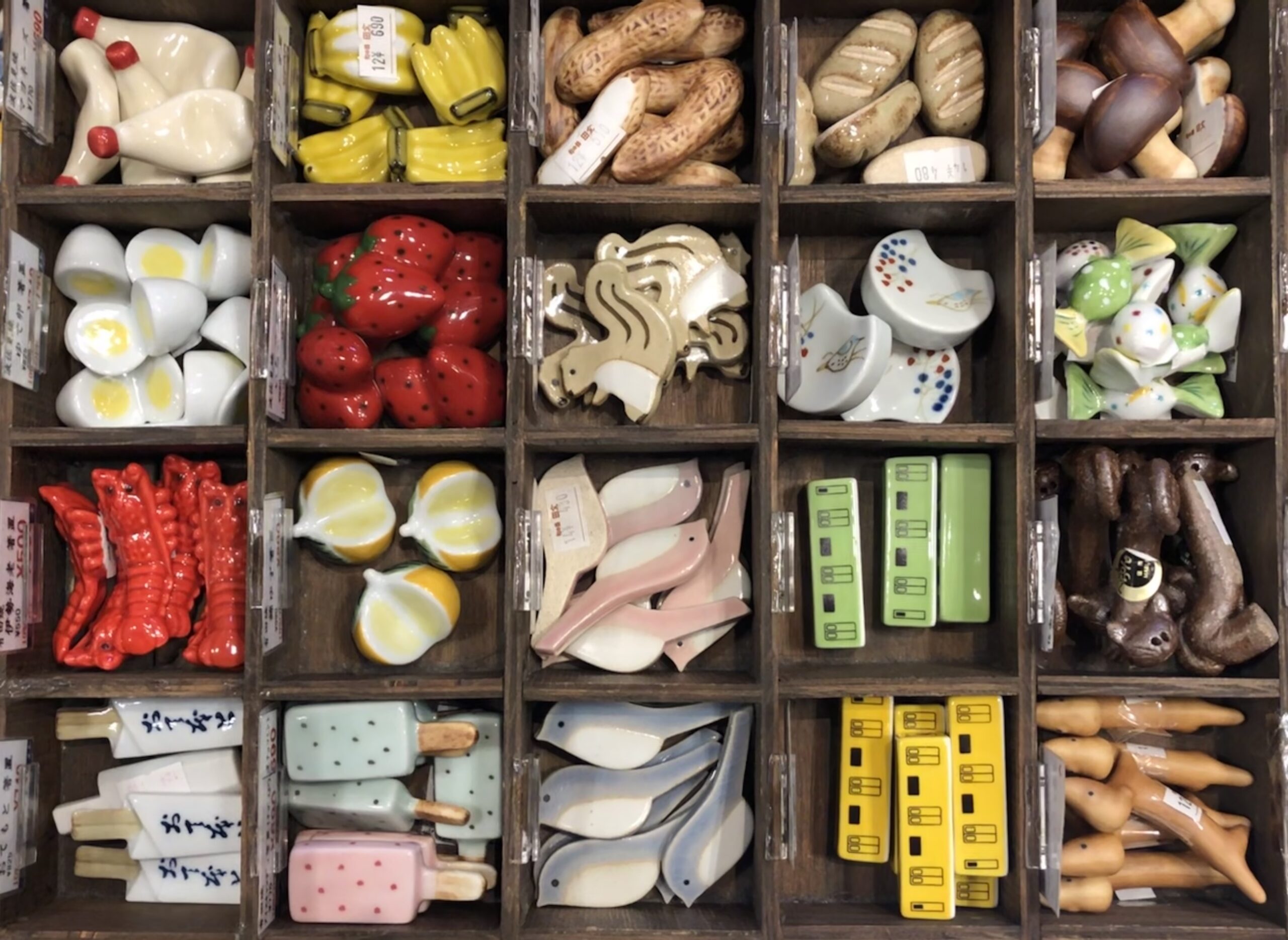
Shopping in Kappabashi
With over 170 stores, Kappabashi has everything imaginable. I’ve visited Kappabashi quite a few times with specific shopping goals in mind and was always able to find what I was looking for by the end of my trip.
If the food replicas you may have noticed in Japanese restaurant storefronts have always fascinated you, stop by Tokyo Biken for some of the most mouth-watering fake food you’ve ever seen! Sato Samples also has a great selection and even offers smaller magnets and keychains which make perfect souvenirs for a foodie loved one. For a hands-on experience, Ganso Shokuhin Sample-ya has a 40-minute class on making food replicas available with reservation. The shop staff has English instructions available so don’t let a language barrier deter you from a new experience! The shop also has various do-it-yourself sets available for purchase including life-like cream sodas and traditional Japanese sweets.
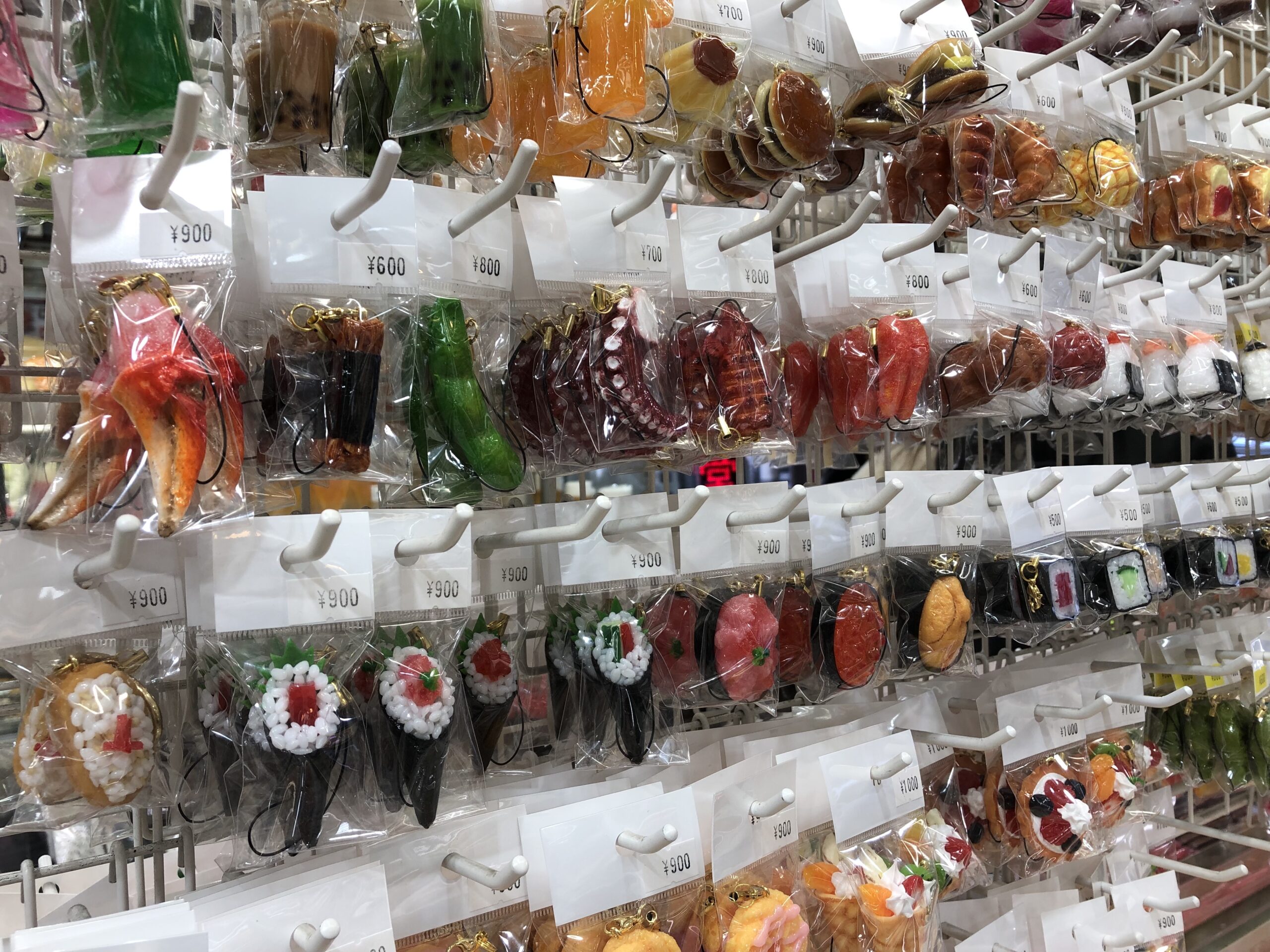
If knives are your main draw to Kappabashi, Tokuzoknives sells cutlery from the Tosa region of Japan (Kōchi Prefecture) and has a rich history of knife-making that dates back 400 years! This shop has knives available for home use and offers engraving upon request. For bakers, Majimaya Confectionary Tool & Gear Shop is the spot to find specific cookie cutters, niche bread molds, and even wagashi cooking kits! The shop has six different levels, each floor with its own baking theme. Along the stairs, you’ll find boxes filled with cookie cutters in various shapes and sizes.
Of course, one can’t discuss Kappabashi without mentioning plateware! Almost every few steps you’ll find shops with intricate plates and bowls stacked to the ceiling. My advice is to walk the entire stretch of the street on your next free Saturday (not all shops are open on weekdays and Sundays) and take your time browsing, soon enough you’ll find the perfect item to add to your collection.
Insider Tip: Don’t forget to visit the pocket park near Kapabashi Crossing. Here you’ll find a golden statue of Kappa Kawataro and more information on the history of Kappabashi. Then, if you continue a few steps further down the road and you’ll find a stellar view of Tokyo Skytree in the distance!

Explore More in East Tokyo
One of the best things about East Tokyo is the fact that many points of interest are within walking distance from one another. Sensōji (浅草寺), one of Tokyo’s oldest and most illustrious temples and is only an 8-minute walk away. The temple grounds are stunning and its rich history makes anyone visiting feel as if they’ve been transported back in time. In surrounding streets like Nakamise-dōri, you’ll find many stalls and shops selling traditional Japanese goods and sweets. There are also many retro Showa-era cafes and restaurants tucked away in the back streets near Sensōji, so keep your eyes peeled if a caffeine craving starts to kick in.
Tokyo Skytree, a 30-minute trek on foot from Kappabashi, or a speedy train ride from Asakusa Station, is another great spot to visit in east Tokyo. Although many visit for the breathtaking views from the top of the tower, Skytree isn’t only a tourist attraction like it may let on. At the base of the tower sits Skytree Town (東京スカイツリータウン), a sprawling shopping mall with over 300 shops and restaurants complete with an aquarium and planetarium! This mall also features an “omiyage floor”, similar to a “depachika” (a basement-level Japanese food hall found in department stores), which sells some of the most delicious and famous savory sweets and treats Tokyo has to offer, Tokyo Banana included!
